US says attacks on Rohingya Muslims in Myanmar is 'ethnic cleansing'
The United States has described the ongoing violence against Rohingya Muslims in Myanmar as "ethnic cleansing", accusing the country's forces of perpetrating "horrendous atrocities" against Rohingyas.
The statement on Wednesday from US Secretary of State Rex Tillerson, who visited Myanmar last week, is the strongest US condemnation yet of the military's crackdown against the Rohingya, which has triggered a major refugee crisis and escalating global outrage.
The top US diplomat blamed Myanmar's military and “local vigilantes” for what he called “intolerable suffering” by the Rohingya.
“After a careful and thorough analysis of available facts, it is clear that the situation in northern Rakhine state constitutes ethnic cleansing against the Rohingya,” Tillerson said in a statement.
Although Myanmar's military has blamed alleged Rohingya-affiliated militants for setting off the crisis, Tillerson said that “no provocation can justify the horrendous atrocities that have ensued.”
The government in Myanmar refuses to recognize the Rohingya Muslim minority in Rakhine as a local ethnic group even though they have lived there for generations.

Tillerson said that those who perpetrated the atrocities “must be held accountable.”
He said that the US would seek justice "through US.law, including possible targeted sanctions."
Myanmar’s troops have intensified attacks against Rohingya Muslims in Rakhine state, home to over a million members of the desperate minority, since October 2016. The attacks have seen a sharp rise since August.

Earlier this month, the US House of Representatives passed a non-binding resolution condemning the “murderous ethnic cleansing and atrocities against civilians.”
It called on US President Donald Trump to impose sanctions on those responsible for human rights abuses, including members of Myanmar's military and security services.
Tillerson held talks with Myanmar’s leader Aung San Suu Kyi last week in Myanmar’s capital of Naypyidaw during his one-day visit there.
Suu Kyi, who was awarded the Nobel Peace Prize in 1991, is also heavily criticized by a number of her fellow Nobel laureates, including Malala Yousafzai and Desmond Tutu, for allowing such atrocities against the Rohingya.
Myanmar’s government denies full citizenship to the Rohingya, branding them illegal immigrants from Bangladesh. Dhaka, in turn, regards the desperate refugees as Myanmarese and harshly pushes them back. The Rohingya, however, track their ancestors many generations back in Myanmar.
VIDEO | IAEA anti-Iran resolution
Iran urges pope to help end Israeli onslaught in Gaza
VIDEO | ICC's warrant against Netanyahu
VIDEO | Dispute over 'self-defense' clause
Israel destroys 8-story residential building in missile strike in Beirut
Nov. 22: ‘Axis of Resistance’ operations against Israeli occupation
VIDEO | Press TV's news headlines
VIDEO | US-Israeli genocide: Will Gazans see ceasefire deal achieved?


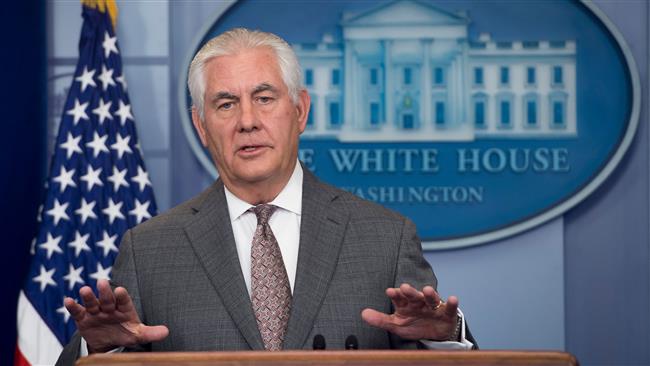


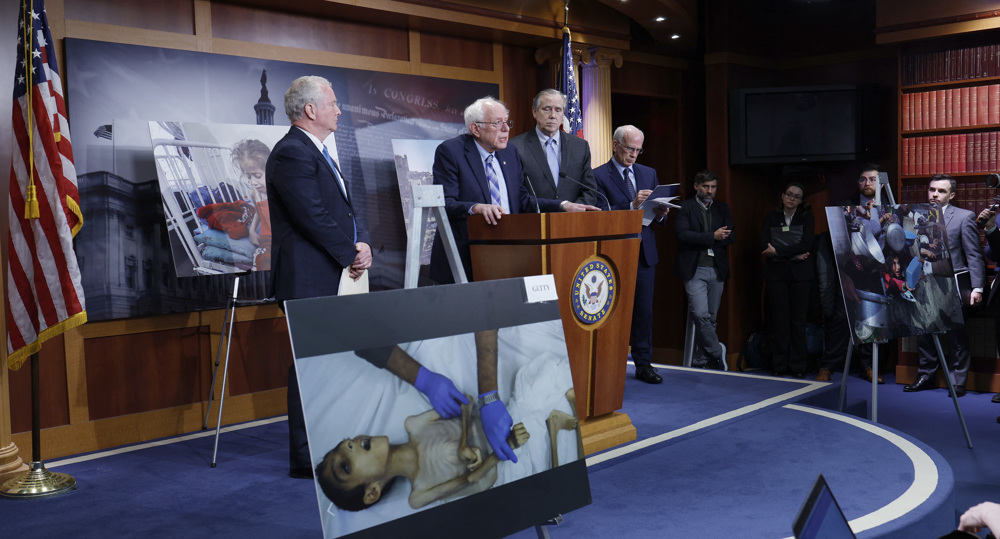




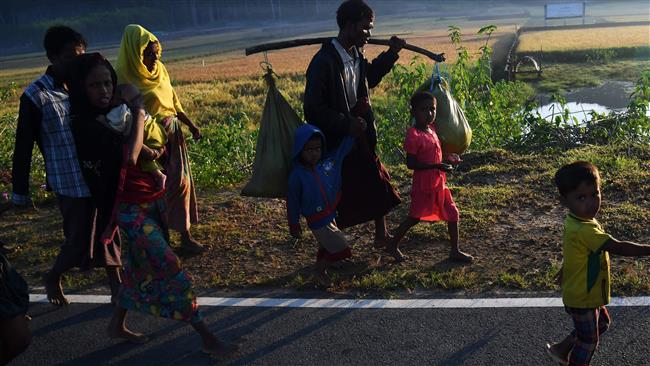
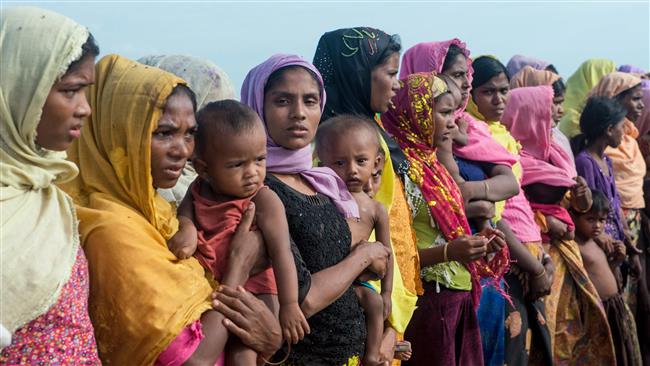
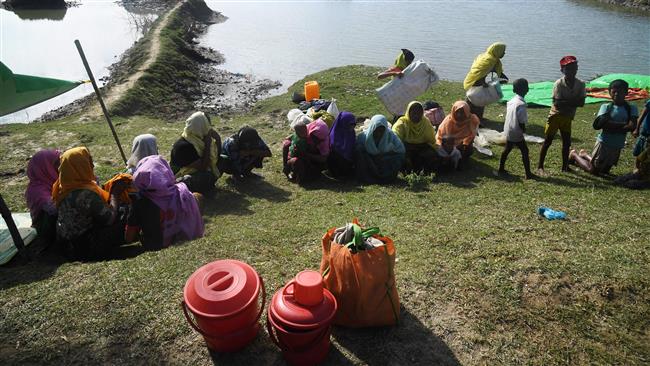
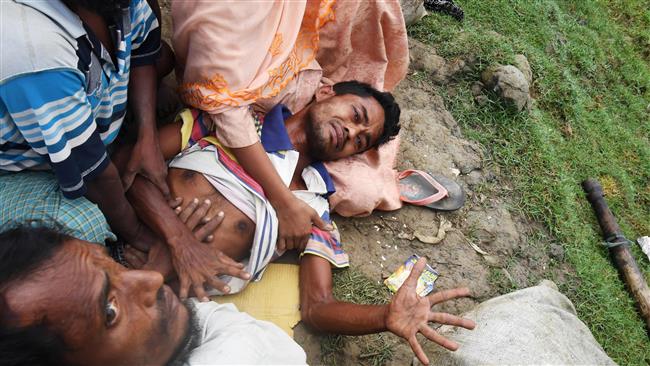


 This makes it easy to access the Press TV website
This makes it easy to access the Press TV website